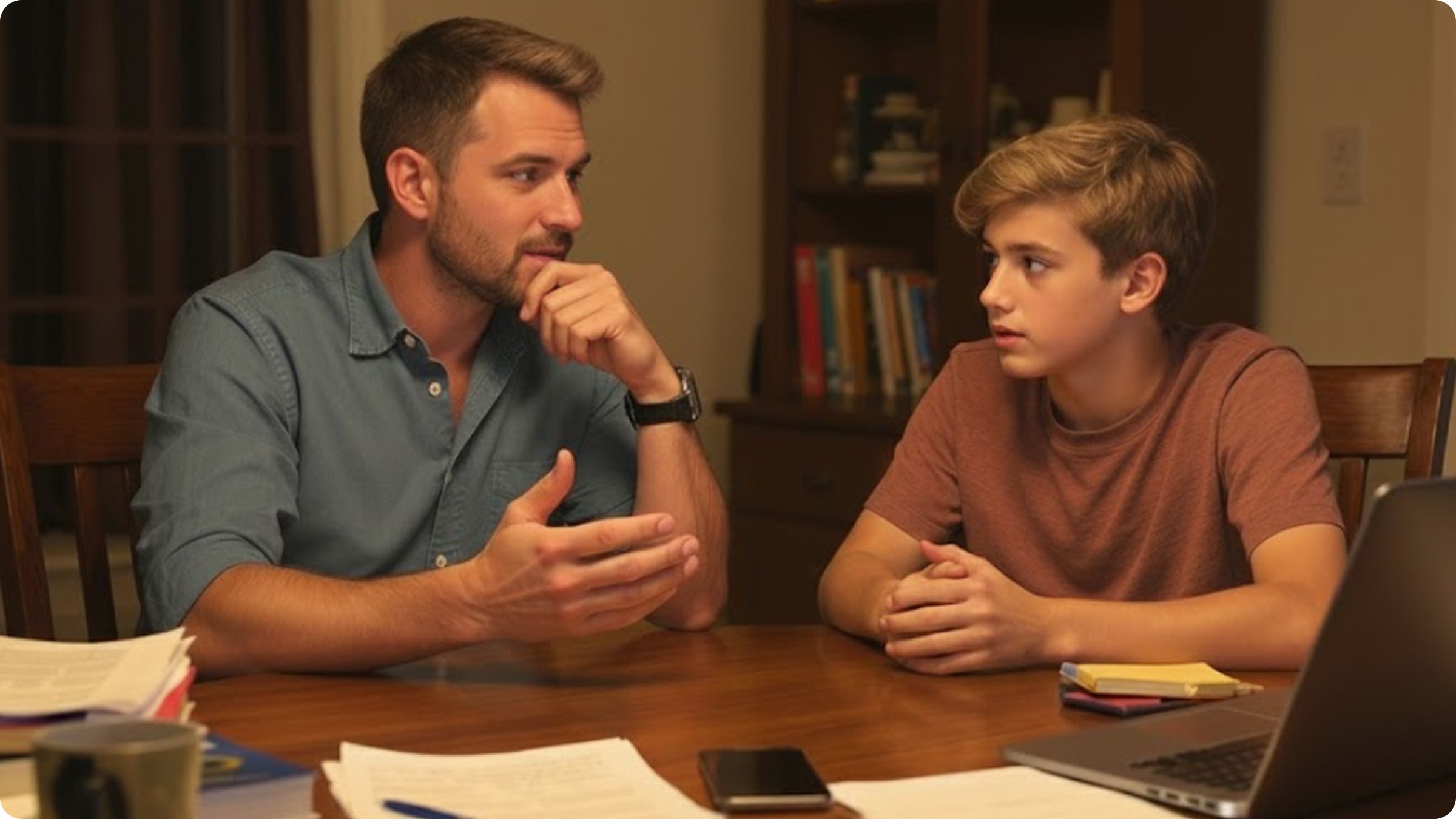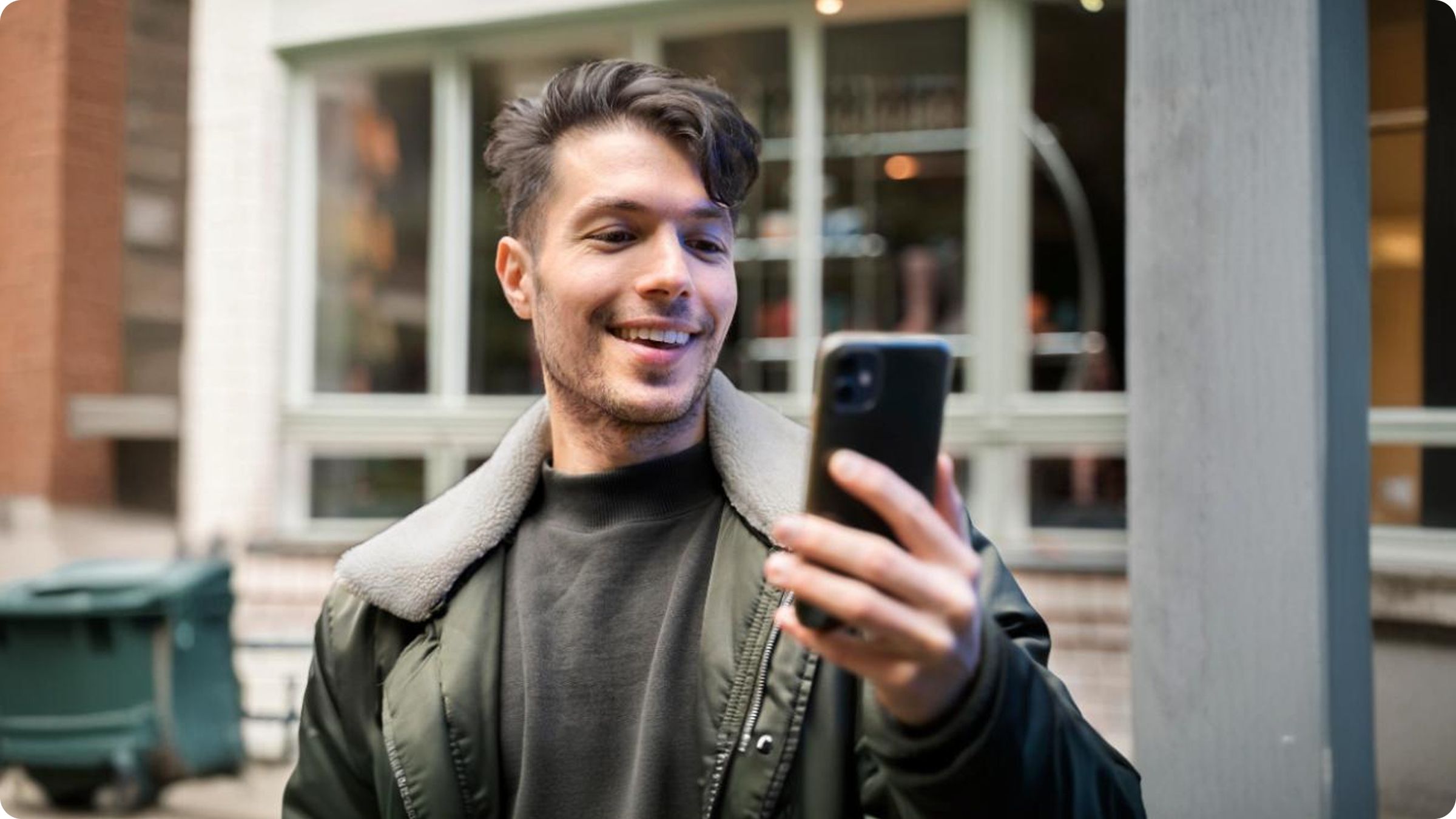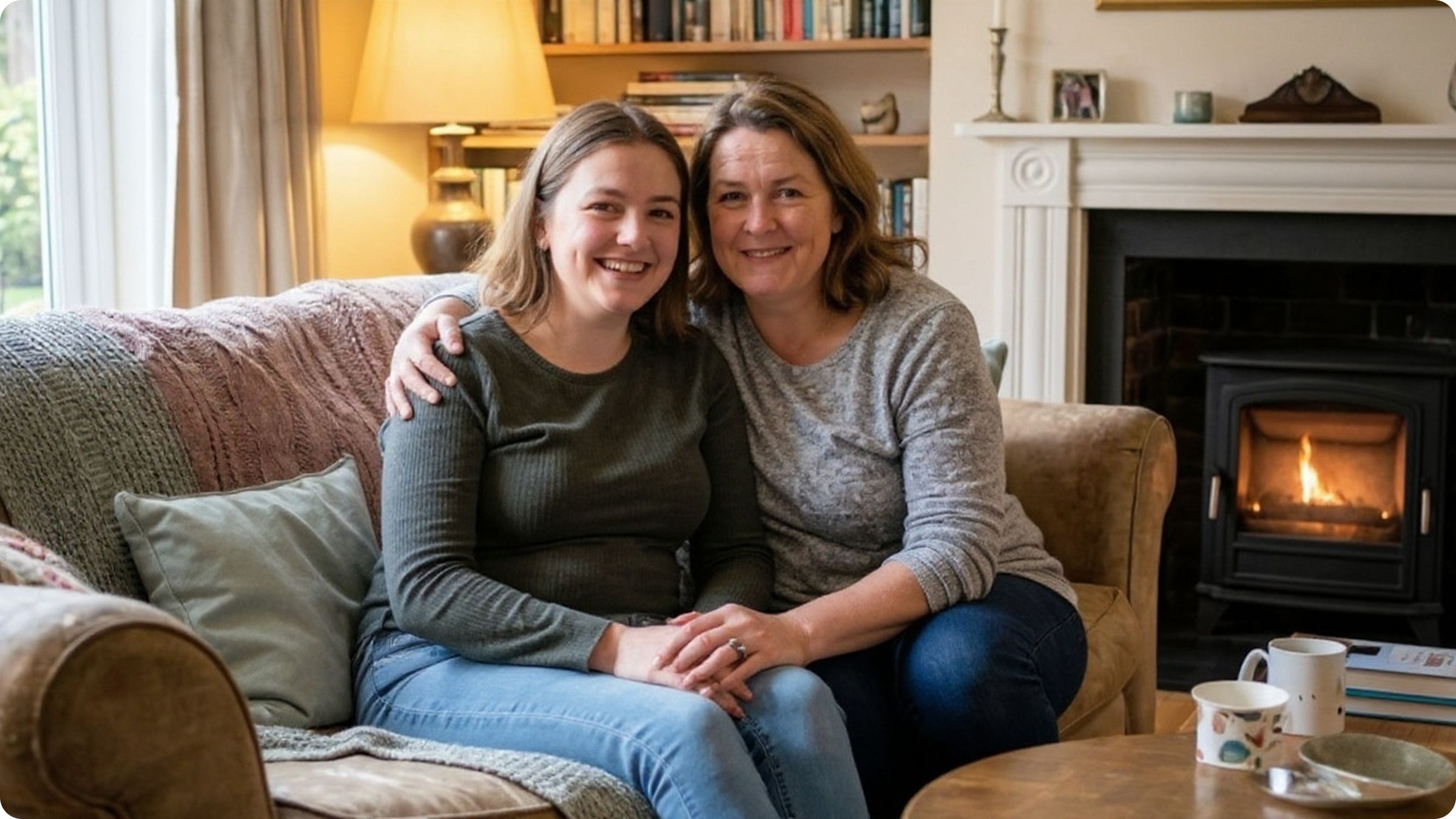I'm Melissa Anders, a single mom and teacher in Portland. Last fall, I noticed Lena coming straight home after school and locking herself in her room every night. No more hangouts with friends or movie nights with me. Just her, the closed door, and that phone glowing under her covers past midnight. I felt her slipping away, but didn't know where she was going. That's when I realized I needed help—not to spy, but to understand what was pulling my daughter into the dark.
Meet the Anders Family Story
Finding the balance between digital comfort and real human connection

Our Family's Struggle

Challenge
It started after Lena's best friend moved away. She seemed okay at first—quiet, but okay. Then weeks turned into months, and she stopped going out entirely. I'd knock on her door around dinner time, and she'd mumble "not hungry" through the wood. One Saturday morning, I asked if she wanted to grab brunch, and she snapped: "Why? So you can lecture me?" I was losing her. I installed FamiSafe just to see what was taking up all her time, and that's when I saw it—an AI companion app logging 3 to 4 hours every single day, most of it between 11 p.m. and 2 a.m. When I finally asked her about it, she broke down crying and said, "This AI gets me, Mom. It actually listens." I realized she wasn't being rebellious. She was drowning.

Solution
I didn't delete the app right away. I knew that would feel like punishment, and she'd just find another way to hide. Instead, I used FamiSafe to gradually limit the app to one hour per day and block it entirely after 10 p.m. Lena was furious at first—"You're controlling my life!"—but I stayed calm and explained I wasn't trying to take away her safe space, just make room for real ones. I set up a meeting with her school counselor, who helped Lena process the loneliness she'd been bottling up. I also started small: "Want to walk the dog with me?" or "Let's bake something terrible together." Slowly, she started saying yes. Two months later, she joined an art club at school. She still uses the app sometimes, but now it's just one part of her life—not the whole thing.
The Anders Family Today







